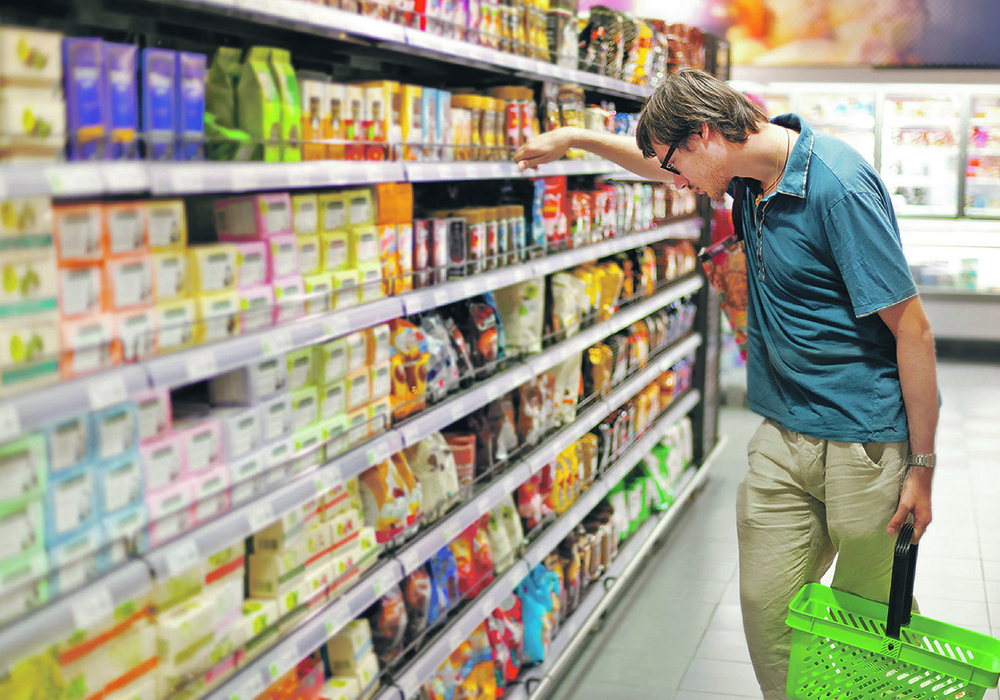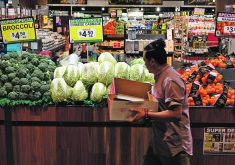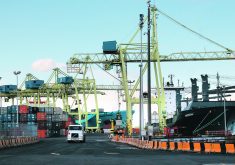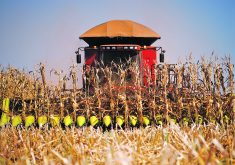Member of National Farmers Union in U.K. says Canada should consider his country’s experience as it finalizes its code
CHARLOTTETOWN, P.E.I. — Hearing praise for the grocery code of conduct in the United Kingdom drew Andrew Clark to his feet and the microphone.
A member of the National Farmers Union in England, Clark said he knew a lot of farmers back home who wouldn’t recognize the code as particularly helpful.
His comments came after a presentation from Michael Graydon, chief executive officer of Food, Health and Consumer Products Canada, who co-chairs Canada’s code development committee.
Read Also
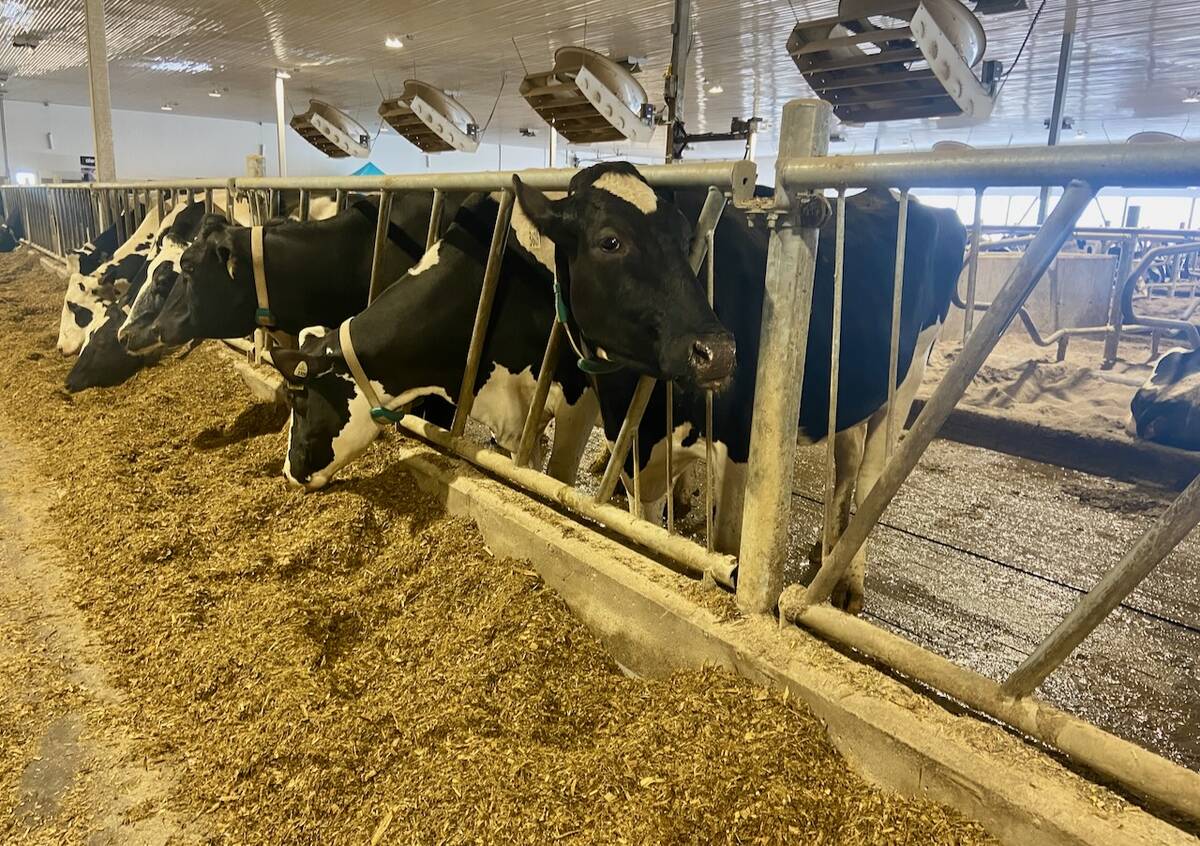
U.S. farm group supports supply management
U.S. grassroots farm advocacy group pushing new agriculture legislation that would move towards supply management like Canada has for dairy industry
Graydon said the U.K. code “yielded tremendous benefit for everyone.”
Clark begged to differ.
“We spent 10 years getting the grocery code of practice off the ground,” he said.
“It’s absolutely essential for supply to direct retailers, so (for) horticultural producers that has been really helpful. But it needed to have a statutory grocery code adjudicator to make sure the retailers actually abided by that voluntary code.”
Clark said the U.K. code also doesn’t apply to sectors that supply processors. A review is now underway of supply chain fairness in industries such as dairy, pigs and eggs “and making sure that there’s a regulatory supply chain, a regulatory contract there, that actually gives fair terms of trade for farmers.”
He said there will still be another step after this.
“After that have a go at government because government doesn’t buy fair either, and so the public supply public procurement is going to be critical,” Clark said.
“You’ve got to make sure that the government buys fair, got to make sure that processors buy fair and you’ve got to make retailers buy fair, and you’ve got to have an adjudicator to make sure each of those bits in the chain do their rightful pieces. That’s the lessons we’ve learned.”
Graydon said Canada will have an adjudicator but faces other issues, such as the fact that provinces control retailers and the code will be voluntary.
“We’d have to get every province to have the same regulations in place, which is doable, it’s just going to take a lot of time,” he said.
Canada is also relying on the U.K.’s former adjudicator, Christine Tacon, for assistance. The code is supposed to be ready by the end of this year with a phased-in implementation in early 2024.
“The other challenge we have is a very broad scope in the code. Not only should it include all of the agricultural and horticultural products, it should include everything sold in a typical grocery store. At this particular juncture there’s resistance to that from retail,” he said.
Graydon said government legislation could be necessary if industry players choose not to participate or don’t comply.
“The consequence from my perspective would be, if you don’t then we will regulate, and I’m not sure we’ll invite you to the table when we develop that regulation,” he said.
The U.K. experience provided a good road map for Canada, he added.
Canadian Federation of Agriculture president Keith Currie said keeping the code voluntary means participants can adjust.
“It’s going to grow and evolve. Hopefully it’s successful under a non-regulatory framework,” he said.


